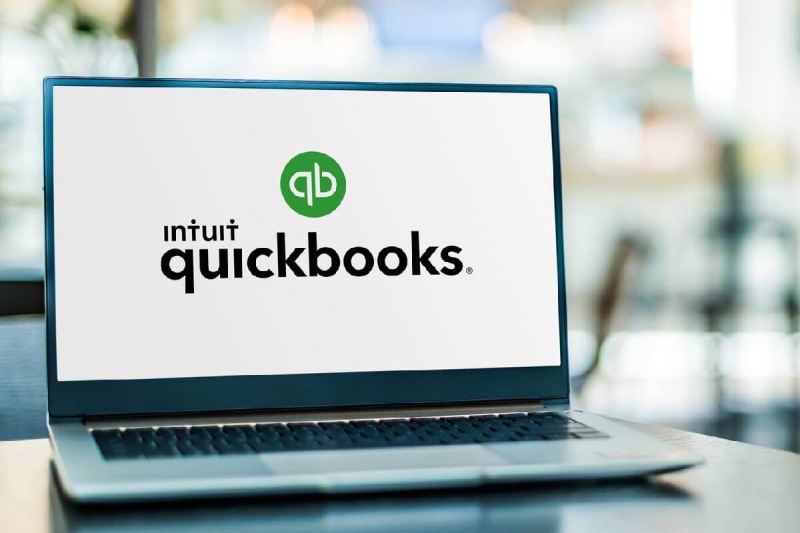Remember that noncompete ban I told you about a while back? The ban that was originally supposed to take effect on September 4 has been temporarily paused.
You already know the implications of this ban for your business: vulnerability to head-hunting, higher salary costs, and even trade secrets being put at risk. You can take a breath for now. We’ll keep you posted on whether you’re facing those issues or not.
Now, while this writing starts off with some *good* news, not all writings are like that. For example, when you see an email in your inbox with the subject “changes are coming to your subscription,” you know what it means without even having to read the email.
It’s *another* price increase. Last month it was from QuickBooks. (Cue eye roll.) Maybe you saw it, too?
“We’re committed to serving our customers” … blah blah blah … “here’s what you owe us now.”
This price increase affects my own business, too – we’ll be paying more just like you. And since I’ve fielded a few questions about this, including if there are QuickBooks alternatives that I’d recommend, I’ll share my response with you as well.
My Harford County clients are receiving a separate communication regarding changes to their billing if it goes through our office.
(And no, this is not a QuickBooks sales pitch. I’ll leave that to the QB corporate office.)
This note is to address both my philosophical and practical response to this increase – and really any price increase you’re facing as a business. Yes, I do know of some QuickBooks alternatives that are out there, so I’ll cover that as well.
Let’s start with the actual numbers, in case you missed the announcement.
Quickbooks Alternatives for Baltimore Businesses Post QB Price Raise
“In an ideal market, everything would be constantly becoming cheaper. But, of course, nothing ever does.” – Henry Ford
The QuickBooks price increase will go into effect August 1, 2024 for business-paid subscriptions, and September 1 for accountant-billed subscriptions. Increases will be in the range of 17-25 percent per month, depending on your plan. For full details, see their communication here.
I think many businesses are frustrated because this is yet another increased expense in an already-inflationary economy. And that’s understandable.
Others are upset because they’ve already been experiencing various levels of difficulty with the platform, and now they’re being asked to pay more for a glitchy software. (If this is you, we can probably help troubleshoot. Give the office a call this week: (410) 477-2500)
While I’d like to say otherwise, I think we can only expect this trend to continue. The cost of doing business is ever-increasing, and this is one of those expenses you can’t afford to neglect. Literally.
But that doesn’t mean you don’t have options for dealing with price increases that are out of your control. You do have control over how your business responds and adjusts, so let’s discuss what those are.
Eat it.
Multiply your monthly increase by twelve to get your annual adjustment. If that cost isn’t significant enough to sweat, then don’t. Move on and give your energy to other cost-saving initiatives.
Make other cuts.
Now could be a great time to examine your other monthly expenditures to see if you’ve been paying for a subscription you’re not using or just can’t justify anymore. That kind of small adjustment could zero out the books very simply.
Pass it on.
As much as you don’t want to send one of those “changes to your subscription” emails that you just received, it may be time to start thinking about it. If QuickBooks is one more on top of several others you’re dealing with, price raising should already be in the conversation.
Shop around.
Of course, there are alternatives to QuickBooks on the market that can handle your bookkeeping for less than the QB starter fee of 20/month. There are free options too, and not all of my business clients use QuickBooks. Depending on the complexity of your monthly billing and receivables, this could be the right time to evaluate your options.
But remember you can’t rule out the possibility of a new provider’s price increase either, so be realistic about the work it would require to change over your bookkeeping software and decide if it’s worth the effort. That kind of a software switch-up is no small change.
Some of the QuickBooks alternatives out there:
- Xero – Plans starting at 15/month
- Wave – Free and paid plans
- FreshBooks – Starts at 7.60/month for the light version
- ZipBooks – Free plan for starters and up from there
- Zoho Books – Part of the Zoho suite with free and paid options
Of course, this is not a comprehensive list, but it will get you started. And most of these QuickBooks alternatives offer a discount for annual pricing, so be sure to look that up.
I’m happy to take a look at your current software to see if your plan is the best fit for your Baltimore business’s needs. It may be that you could even downgrade, as the simplest option of all. Give us a call: (410) 477-2500
Your business financial partner,
Paulo Delatado

